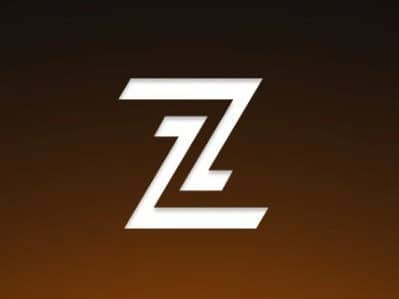订阅 wiki
Share wiki
Bookmark
Zetarium
0%
Zetarium
Zetarium 是一个去中心化的生态系统,旨在通过基于区块链的基础设施将传统金融与数字经济连接起来。该项目旨在为将现实世界的金融机制和资产整合到 Web3 空间提供一个平台。 [1] [2]
概述
Zetarium 正在开发成为一个可扩展且透明的生态系统,重点关注现实世界的实用性。该项目声明的目标是通过创建开放和无需许可的基础设施,为 Web3 的增长构建可持续的基础。该框架旨在允许其他项目启动、筹集资金并扩展其运营。 [3]
该平台的战略侧重于几个关键领域,包括开放基础设施的开发、通过质押协议实施以社区为导向的收益生成,以及为其原生代币建立明确的效用。通过关注这些组成部分,Zetarium 旨在为用户和开发者创建一个可访问的环境,以参与数字经济。 [2]
产品
Zetarium 的产品套件以创建链上金融工具为中心,旨在支持其生态系统。主要产品包括开放质押和可持续债券。该项目将开放质押描述为一个透明的框架,允许用户和其他项目创建由智能合约管理的公共质押池,从而提供了一种社区收益生成的方法。可持续债券被认为是一种链上机制,旨在管理原生代币的流通并支持生态系统的流动性和长期稳定性。 [4] [5]
特点
Zetarium 生态系统的核心特征是其原生实用代币 $ZET。这种数字资产是平台运营和经济模式不可或缺的一部分。$ZET 代币用于支持交易、促进治理以及向生态系统内的参与者分配奖励。它的功能是该项目提供的所有产品和服务的核心。 [6]
生态系统
Zetarium 生态系统得到了多个实体的支持,包括为项目开发和扩展提供资金的投资者。根据项目文档,其主要投资者包括:
- Alpha Capital
- Zenit Core Labs
这些实体被列为为项目的增长提供资金支持和战略支持。 [1]
用例
$ZET 代币的主要用例旨在鼓励参与并支持平台的功能。该代币的主要应用是:
- 质押: 用户可以将他们的 $ZET 代币锁定在智能合约中,以帮助保护网络或提供流动性,从而获得奖励。
- 治理: $ZET 代币的持有者应该能够通过对与其开发和未来方向相关的提案进行投票来参与项目的决策过程。
- 奖励: 该代币被用作向参与质押和其他生态系统活动的用户分配奖励的主要媒介。
这些用例旨在在 Zetarium 平台内创建一个功能性的经济循环。 [2]
架构
Zetarium 构建在 BNB 智能链上,利用其基础设施进行交易、智能合约和整体网络运营。该项目的原生代币 $ZET 是一种 BEP-20 标准代币,它是 BNB 智能链的通用代币标准。与其他一些网络相比,这种 区块链 的选择为该项目提供了访问已知交易速度和较低费用的已建立网络的机会。 [7]
代币经济学
Zetarium 生态系统的原生实用代币是 $ZET。代币经济学的结构旨在支持平台的长期增长和可持续性。代币的总供应量上限为 100,000,000 $ZET。 [6] [7]
代币分配
$ZET 的总供应量跨多个类别分配,以资助项目开发和社区增长的不同方面。分配如下:
- 国库: 21%
- 团队: 20%
- 质押: 15%
- 营销: 15%
- 交易所: 15%
- 空投: 9%
- 预售: 5%
这种分配模式将很大一部分分配给项目的国库,用于未来的开发,并分配给质押奖励,以激励用户参与。 [2]
代币效用
$ZET 代币的效用以其在生态系统核心功能中的作用为中心。主要效用是:
- 质押: 用于参与平台的质押机制。
- 治理: 授予代币持有者对平台相关提案进行投票的权利。
- 奖励: 用作向生态系统参与者分配奖励的资产。
这些功能旨在确保代币仍然是平台运营的核心。 [6]
团队
Zetarium 项目由 Saban、Cem 和 Hayrettin 共同创立。领导团队包括担任首席执行官的 Saban、担任首席财务官的 Cem 和担任联合创始人的 Hayrettin。该项目列出的其他主要团队成员包括担任首席运营官的 Nizam;首席技术官 Sarp;以及首席营销官 Engin。 [1]
合作伙伴关系
Zetarium 列出了与跨区块链和技术领域的多个组织的合作伙伴关系。这些合作旨在支持项目的技术开发、安全性和市场影响力。该项目确认的合作伙伴和使用的技术包括:
这些合作伙伴关系涵盖了诸如区块链安全审计(Certik,Coinsult)、做市(Kairon Labs)和基础区块链基础设施(BNB Chain)等领域。 [1] [5]
发现错误了吗?
